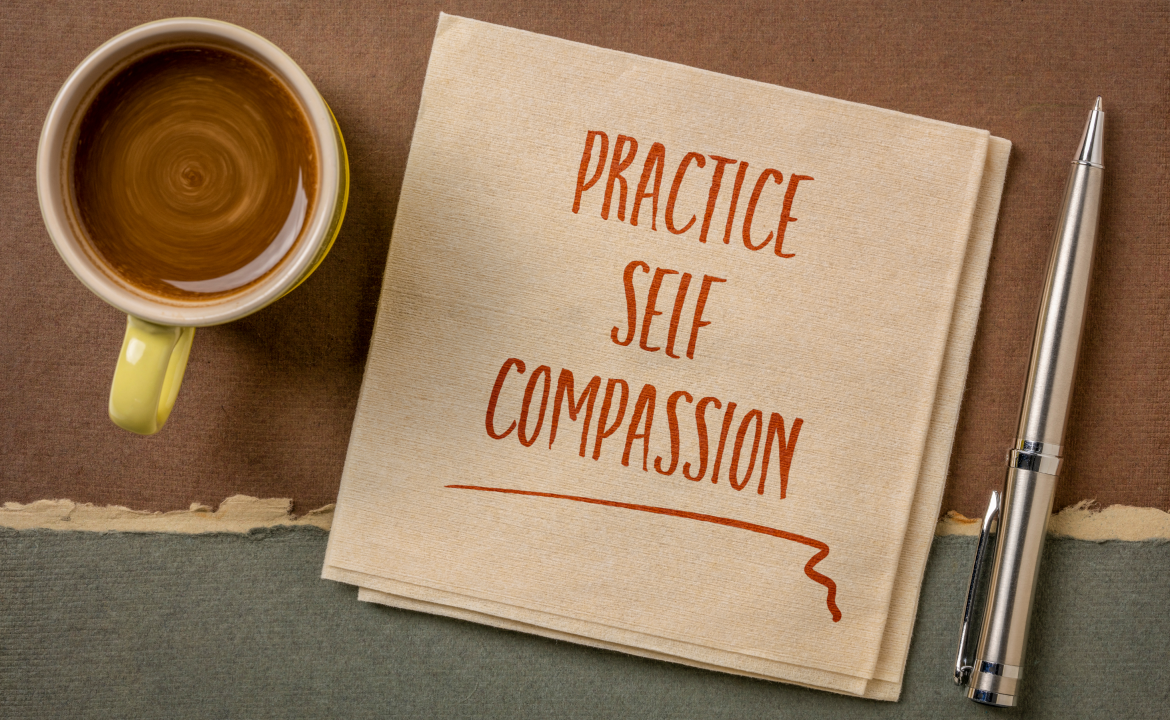The Marriage Counseling Process
What is marriage counseling?
Marriage counseling is a form of talk therapy. Marriage counseling often helps partners identify and resolve conflicts and improve their relationship. However, the goal of marriage counseling is not necessarily to save the marriage but to help facilitate a process by which the partners can make informed and thoughtful decisions about rebuilding their relationship or whether to amicably end it, with each choosing to go their way.
If the partners are committed to rebuilding their partnership, the counselor, if well-trained, can navigate the process by providing both of them a safe space to work through their differences. In this way, the counselor acts as a mediator in the partnership, making sure one side does not try to dominate or manipulate the process.
Does Marriage Counseling Require Both Partners?
Not always. But its critically important for therapists not to take sides in joint or individual marriage counseling.
Some therapists will focus on the individual if only one of the partners is willing to seek counseling. However, this is not the ideal dynamic.
While most trained therapists will perform therapy with just one partner, therapy is most effective when both partners are present and engaged. If this is not possible, it is advisable first to acknowledge and accept your feelings. The second is to keep communication open with your spouse and the children.
Do Therapy Sessions Have Ground Rules or Set Structure?
In therapy, there are no set rules. However, most therapists will never take sides.
The therapist’s goal is to understand both partners and help them develop effective ways to communicate with each other.
Every couple has redeeming qualities.
The therapist often needs to help them rediscover those qualities and strengths. Often it is these qualities and stability upon which a new foundation of communication can be built.
Finally, assisting couples in learning how to listen to each other and seek realistic solutions to their conflicts is a significant responsibility of family and marital counseling.
Is It Unrealistic To Expect Happiness From Marriage?
It’s not wrong. It’s just that it’s unrealistic to think it will always be that way.
Both partners need to understand there is no such thing as eternal marital bliss. The first step to saving one’s marriage requires the emotional courage of both partners to confront what’s working and what’s not working in their relationship.
Marriage, like any close relationship, requires sincere effort and desire from both sides. Both partners must be emotionally committed to building and maintaining a relationship based on love and respect.
The commitment must be a conscious choice at the beginning of the relationship and through life’s many challenges and troubles. This includes having to face financial hardship together.
The commitment must not be subordinate to each partner’s ego, meaning both partners must suspend their respective egos and focus on what their hearts require.
While this may sound lofty, often, it means that both partners agree on not having to be right when disagreements arise. Without being able or willing to set aside the ego, counseling can be futile.
What Are Some Root Causes of Marriage Instability?
- Financial Hardship – Arguments About Finances
- Domestic Violence – Physical And Psychological
- Substance Abuse And Addiction
- Alcoholism
- Medical Problems Resulting In Job Loss
- Debilitating Mental Health Problems
- Infidelity And Lack Of Intimacy In The Marriage
Can Therapy Help When Partners Choose to Divorce?
Yes, particularly in helping couples redefine their relationship.
One of the major issues is for the partners who have chosen divorce to determine if they are prepared to commit to redefining their relationship. Specifically, whether they are willing to create a new type of relationship based on cooperation and mutual respect – this is especially important should the partners have children they will be co-parenting.
Can Counseling Help Us With Co-Parenting?
Yes, but both partners must be willing to redefine their relationship for the children’s benefit.
Co-parenting can become a painful and potentially destructive process for both the parents and their children.
Sadly, some partners find transitioning from married parenting to co-parenting as a divorced parent very challenging.
Sometimes divorced parents fall into a competitive battle for their children’s loyalty, love, and affection. Should this happen, children can be unwittingly drawn into a painful and confusing conflict, not of their making. One which can cause permanent damage to their mental health.
Can therapy help with the pain of separation and divorce?
Yes, and this is especially the case should they have children.
Divorce is a terribly painful experience for most partners. Experiencing the possibility of separation and divorce causes a welling up of fear, sadness, and vulnerability.
Unless the partners are fully and honestly committed to finding a resolution, these feelings tend to worsen in time and the onset of physical and emotional separation. For most couples, the stress, anxiety and hopelessness can reach extraordinary levels leading to a state of clinical depression.
Dissolution often starts with a period of mourning. Sadness can be accompanied by guilt and anger. Therapy can help couples transition through this challenging period by allowing the full range of emotions to be expressed.
Can Therapy Help Children Move Through The Pain of Divorce?
Yes. This is why therapy emphatically discourages vindictive behavior between parents.
Tolling more emotional damage is always counterproductive, especially to children. When children are involved, a therapist will work hard to remind the parents that their focus should be on reassuring the children that the parents’ sadness was not in any way brought on by them.
Moreover, parents must reassure them that what the parent does will not impact their relationship with either parent.
Can Therapy Help with Depression and Loneliness?
Yes, this is an important part of the therapy process.
Once the sadness and pain of dissolution begin to leave, an “identity” transition often follows.
A two-person identity becomes a single identity.
This transition usually means relinquishing the previous married identity and establishing a new one as a single person.
This is often a painful process of self-discovery. It may involve living in a new home, exploring new interests and activities, and making new friends.
Calling trusted friends and relatives for support and encouragement is a good idea during this period.
Do Marriage and Family Therapists (MFT) Only Treat Couples?
Not always. MFTs are trained in the psychological dynamics of many different types of relationships including the parent-child.
Many therapists can treat a wide range of marital and family problems. This can involve the whole family. Most therapists regularly practice short-term therapy. This means that nearly half of their cases are completed within 20 sessions.
Marriage & Family Therapist’s Education
States have their own educational and clinical training requirements. To be credentialed as a Marriage & Family Therapist (MFT), most states require a four-year undergraduate degree followed by a Master’s Degree in Counseling with a clinical emphasis on Marriage and Family Therapy.
Most clinical programs require a one-year internship and two years of supervised experience.
Other counseling fields require less formal education and experience. A master’s Degree and a state license are usually sufficient to qualify for most counseling positions.
Marriage and Family Therapists (MFT) are state-licensed therapists specializing in marriage, divorce, and family psychological dynamics. They evaluate, diagnose and treat emotional and psychological troubles such as stress and anxiety disorders within marriage and family relationships.
Family Counseling Practice Areas
Common practice areas include individual adult and child counseling, premarital counseling, marital counseling, and post-divorce counseling.
Most counseling practices accommodate both individual and group-based counseling.
Finding a qualified and talented therapist to support you and your partner is worth investing your time and resources in.
Related Articles…


















